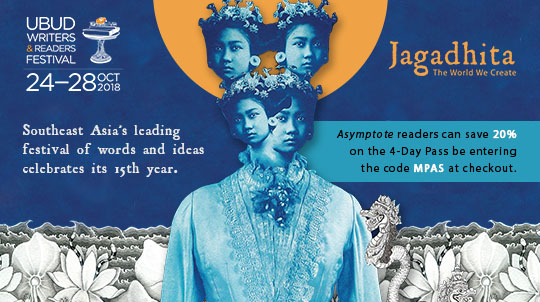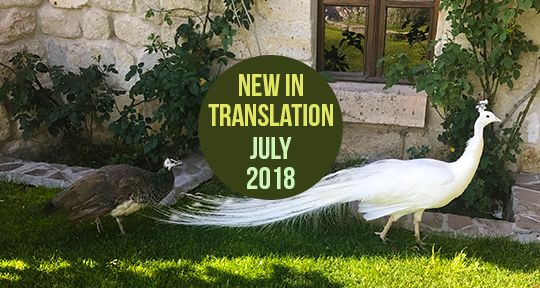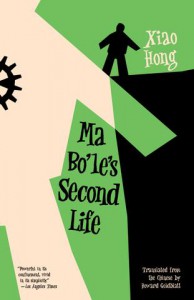January 2017: I have turned 40. Though I no longer remember when exactly I set down the rule for team members to refrain from sending me email over weekends, it is likely the embargo originated from this time. Entering a new decade is an occasion to take stock, to insist on a proper work-life balance. But 40 has always felt like an especially significant milestone, possibly because, as a teenager, I’d read an essay in which the narrator wonders obsessively if he’d land on the “right side of forty,” the obsession guiding his every life decision. Then his fortieth birthday comes, and with it the realization, like thunder, that he has lived life wrong. I’ve not lived life wrong, but I have certainly lived against the grain. Around this time I notice, for example, that I am spacing out more and more in gatherings with former classmates when talk turns to acquiring a second property. I stumble upon David Williams’s devastating essay in World Literature Today and can’t tear my eyes away from the line: “I couldn’t see it at the time, and I certainly refused to acknowledge it, but when my parents’ overeducated, thirty-something child chooses to sell his labor well below a living wage, they can be forgiven for thinking that their blue-eyed son is engaged in a sophisticated form of self-sabotage.” Perhaps, this is why our sixth anniversary issue comes with what Australia editor-at-large Tiffany Tsao calls below a “frankly [desperate]” editor’s note; still, as she says, “who better to bare our intimate, struggling self with than several thousand of our closest friends?”
. . . you have spent vast amounts of your life as someone else . . . This phrase hails from Amanda DeMarco’s brilliant rumination on life as a translator, Foreign to Oneself. Published in our Winter 2017 issue, the essay is composed entirely of excerpts from other texts (this particular quote is taken from Rebecca Solnit’s The Faraway Nearby). As I reread these words while writing this essay, my vision began to get a little blurry. I’m being maudlin, I know. But where else is one entitled to get weepy if not in a retrospective that invites writers to indulge in nostalgia? And the truth of this observation about being a translator sang out all the more because this was also the issue in which my translations of Norman Erikson Pasaribu’s poetry made their debut.
At that point, I was Asymptote’s Indonesia Editor-at-Large (my country of focus is now Australia, where I reside), and a few months earlier, I’d come across some of Norman Erikson Pasaribu’s poetry. Having heard that he’d recently won the Jakarta Arts Council Poetry Manuscript Competition, I reached out to him via Twitter to ask if I could work with him to translate his poems for our poetry editor’s consideration. This issue marked the start of an ongoing and very fruitful translator-writer partnership with Norman, who later came on staff and is our current Indonesia Editor-at-Large. English-language versions of Norman’s other poems were subsequently published in various magazines, and awarded both a prize and a grant from English PEN. The collection from which these poems are excerpted will be published by Tilted Axis Press in March 2019. If it weren’t for Asymptote, I’m not sure if Norman and I would have ever started working together. READ MORE…









